"A ledger of obscure travels, backwoods rambles, rough bivouacs, and cackling cartographies," reads the byline of "Hickman's Hinterlands" — the publication that you are now reading. For though the name "County Line Notes" served well enough for these past eleven months, I have opted to change the name of my newsletter. When I created it nearly one year ago, I hadn't the slightest idea it'd be anything but an obscure sandbox in which to plink down random essays. A handful of friends and Twitter followers had made the suggestion that I move beyond the 140-character model of "the app formerly known as Twitter", and I heeded it without a thought. Little did I know one year later I'd be climbing steadily toward the two-thousand follower mark and drawing more than half my monthly income from this newsletter. The confidence which these unexpected successes have imparted on me is nothing short of lifechanging — I now believe I can write for a living. And I have all of you, especially those of you who've generously opted to pay me to write, to give my most wholehearted gratitude. Thank you.
When I named this newsletter County Line Notes, the name was deliberately vague. I might post rambling polemics, somber jeremiads, ecstatic litanies, and so on, all regarding a colorful diversity of subjects that drew in a great many readers with equally diverse interests in my work. In asking the average reader of County Line Notes why they subscribed, some might say they did so out of an interest in my views on 'rural revival'. Others enjoy content related to Upstate New York and her various canals or mountainous regions, while still others may state that my perspectives about spirituality and Catholicism are what draw them in.
While the varied nature of what I've posted here has been quite a thrill in many regards, it's also produced something of a directionless miasma in me about what I do here. This was necessary at the time of the publication's creation — one year ago, I had no idea what shape my life would take. I was about to receive my discharge from the US Coast Guard, my mother was terminally ill, and I had just begun to live alone in my strange little cottage in an isolated region of far northern New York State. At that time, having the freedom to chuck random essays and thoughts into this publication was a suitable outlet, and I was glad for it.
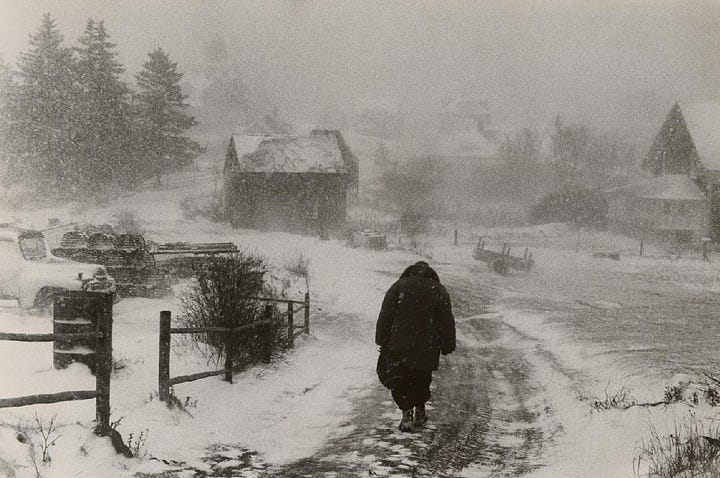

Things have changed, mercifully enough. I am markedly less directionless now and feel a strong sense of focus forming in my life as a writer. Having definitively made my exit from the military, I am now free to pursue all manner of stimulating projects in the way of travel and writing, and therefore in the production of travelogues. The name "Hickman's Hinterlands" reflects that newfound focus, as I am once again anticipating to begin another bout of indefinite full-time travel through — you guessed it — isolated hinterlands worldwide.
The hinterlands represent a strange flavor of hope for me; a hope that strikes as a potential antidote to the vague sense of ennui that permeates our era. Jagged coasts standing stolid against roiling black seas, desolate islands on which chortling handfuls of rustics take their meals and imbibe gaily; hazardous quadrants of bleak deserts set amid so many parcels marked only by numbers in lifeless lands without name — how do these people survive, and what form of culture can exist there?
I think often of the arctic; of how the northernmost peoples of the Greenlandic Inuit pressed on with their ancestral way of living for the very longest of any Inuit, well into the 1950's and beyond. This almost certainly can be owed to the unfathomable remoteness and desolation of the fjorded coastlines of Greenland's northernmost shores: very few came to oppose them or change their ways, for the risk-benefit analysis of the would-be colonizer simply wasn't favorable there at any point in history. The indigenous of more pleasant climes fared terribly by comparison, likely because their climes were so universally desirable — am I to conclude, therefore, that the most durable expressions of an essentially human culture are to be found and maintained in the far-flung lands which can be mastered by no man? Am I to draw conclusions of a nearly theological nature about humility — about the ways in which harsh landscapes enforce this moral force, by rewarding the humble with mere survival and the pridefully arrogant with their likely demise? Or, on the contrary, am I guilty of the extreme sentimentality of the romantic — would I find, upon visiting, that the inhabitants of some far-flung hinterlands rightfully pine for a more 'modern' lifestyle?
A nearly limitless stream of questions along these lines fills my notebooks. I realize my lifelong efforts as a "freelance geographer" and vagabond have me well suited to address these questions myself — by going to such places and studying them firsthand.
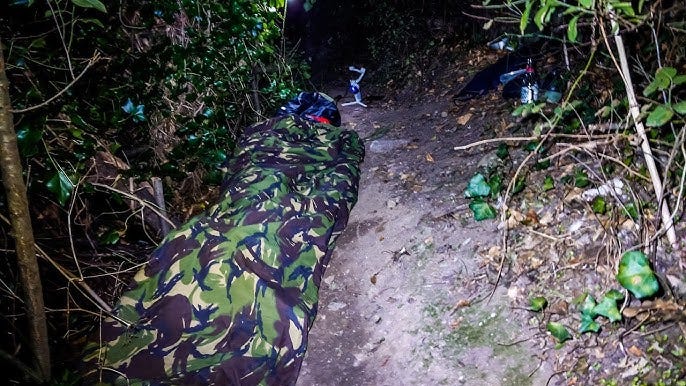
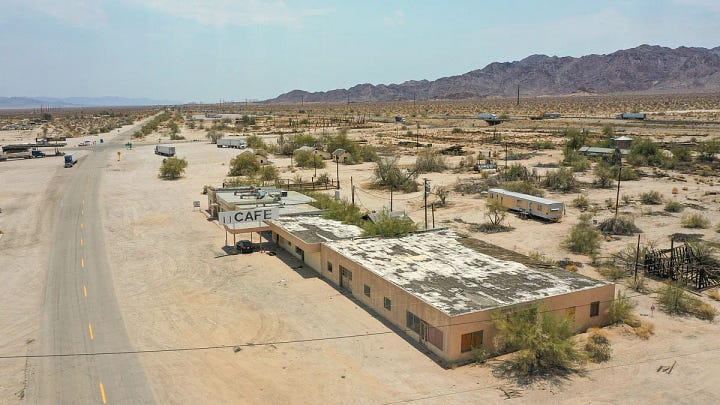
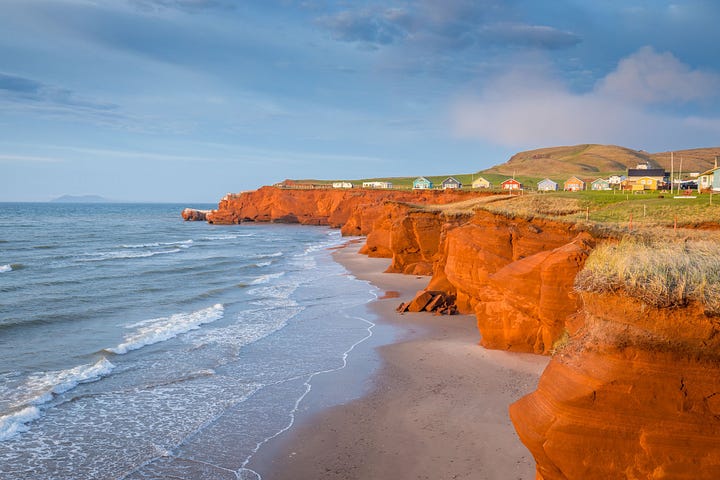

Moreover, I am from one of the most consistently forgotten and scorned hinterlands in the United States — Upstate New York. Land of haggard fields and thicketed forests, sunless skies, and sleepy-eyed, forlorn men who seem to have remained in a previous era of time, this vast region is an afterthought at the Capitol and hardly known through most of America. For the status of being a "hinterland" does not stem merely from forboding physical geography, but also from political decisions, legal climates, and cultural blindspots. The process by which an objectively desirable and life-supporting landscape makes the descent to "hinterland" status can be profoundly merciful, with many unintended positive impacts — or it can just as often be a devastating shift which provokes despondency and exodus in the populous. Such geographies and the socio-cultural processes that inhere in them are, to my mind, not only worth studying but are utterly prescient in our era of ineffable cultural malaise.
And so it is that I introduce to you "Hickman's Hinterlands". I will continue, of course, to broach unrelated topics here-and-there, as not all of my thoughts and travels are strictly hinterland-related; but I do suspect that the general thesis I've outlined here could very well constitute my life's work. As much as I am a writer and a vagabond — I am a geographer, and any geographer needs his focus. Though our era is one in which the geographical arts are much maligned and often waylaid by computerized models — I do suspect that a more "humanities-adjacent" approach to geography could yield worthwhile insights into how we see culture, theology, our own communities, and indeed ourselves.

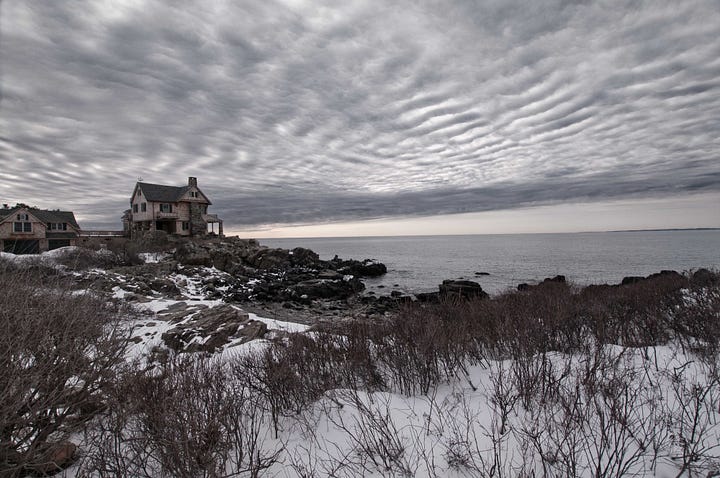
As always, thank you for your sustained interest — it sustains me on a deep and personal level. I consider writing for you to be the highest vocation I could pursue in this life. If you are not yet a paying subscriber, consider going "paid" — the more of you do so, the further afield I can go to do this work.




I’m well acquainted with the idea of hinterlands, born and raised in Superior, Wisconsin. Although I have since moved I still can easily recall the benign neglect we experienced regularly from Madison and a total blank look nationally.
Like upstate New York northern Wisconsin isn’t very populated but has miles of beautiful outdoors suitable for hiking, fishing, camping and canoeing.
I’m looking forward to reading your thoughts.
Also found my way here through Kingsnorth's Substack, and mighty happy to have landed here. Look forward to messages from various and sundry hinterlands, best of luck, bon voyage.